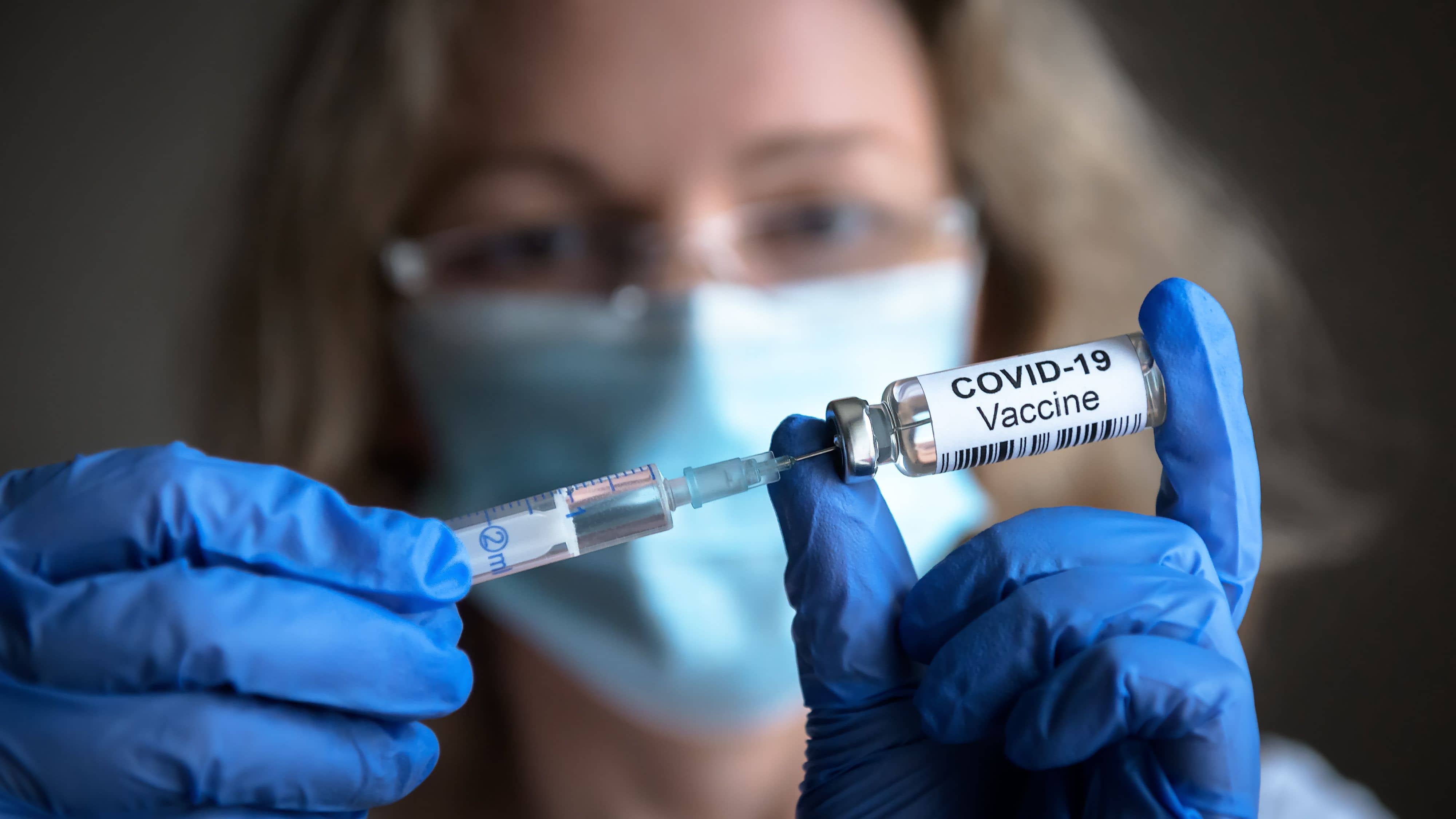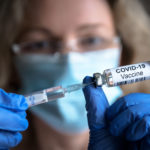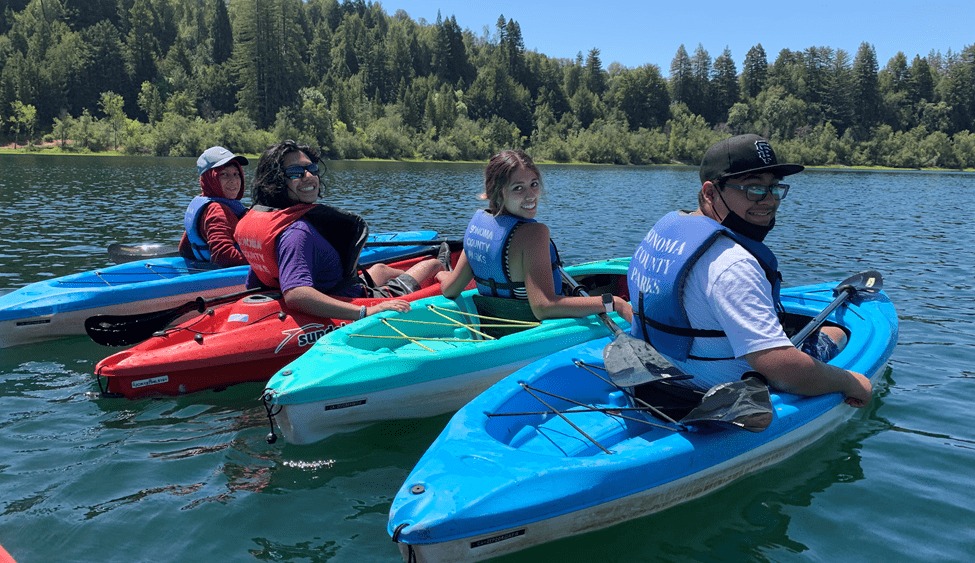
A dozen Bay Area health officials this week issued a collected warning about a likely surge in illness this season.
With major holidays approaching, Bay Area health officials are bracing for a surge in COVID infections, along with high levels of influenza and respiratory syncytial virus (RSV).
“Across the (region), respiratory viruses impact the most vulnerable, including young children, the immunocompromised, people living in crowded housing or congregate living facilities, and seniors, especially at skilled nursing facilities,” local health officers—including those from Marin, Sonoma and Napa counties—said in a collective statement.
In an effort to ward off infection and mitigate the strain to healthcare systems and impact on families, several Bay Area health officers compiled a list of recommended steps to bolster seasonal health outcomes.
Get Vaccinated Against Flu and COVID.
- The updated Omicron COVID booster, also known as the bivalent booster, targets the Omicron variant, as well as the original 2020 virus. The Omicron boosters are available for ages 6 months and older. “These improved vaccines are the best protection against severe symptoms of COVID and hospitalization,” health officials said this week in an announcement.
- More people in the Bay Area are getting the flu this year than earlier in the pandemic. Flu is not the same as the common cold and can lead to sudden, severe illness in the very young, seniors, and those with underlying medical conditions. Health officers are recommending North Bay residents receive a flu shot. Physicians can administer the flu shot and the Omicron COVID booster in the same visit. COVID shots are free and other recommended immunizations are widely available at low or no cost.
- There is no vaccine for RSV, but simple measures like regular hand washing and covering coughs can help.
Stay Home if You Are Sick.
- No matter which virus you have, if you are feeling sick the best way to keep from spreading it to others is to stay home until you have recovered. If you think it might be COVID, get tested.
- People who need urgent or emergency medical care, including testing or treatment for influenza or COVID, should seek it.
Wear a Mask in Indoor Public Places.

- Masks can prevent transmission of COVID, flu, RSV, and other respiratory viruses all at once.
- Improve ventilation indoors by turning on HVAC systems, filtering the air with a portable HEPA filter, pointing fans out open windows, or opening doors and windows when possible. These can all help viruses from spreading indoors.
Get Tested Before an Indoor Gathering or if You Feel Sick.
- Reduce the chances of infecting someone else with COVID by finding out if you have the virus before gathering with others. Remember, COVID symptoms may be mild or absent. Make sure to stock up on home test kits.
Get Treatment, if Needed.
- Free treatments are available if you test positive for COVID. Free medication prevents hospitalization and is available to most adults and some teens with even mild symptoms.



